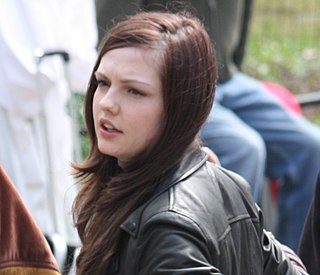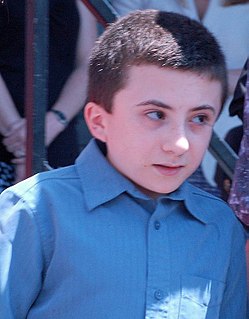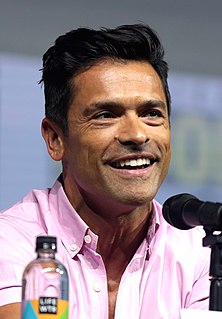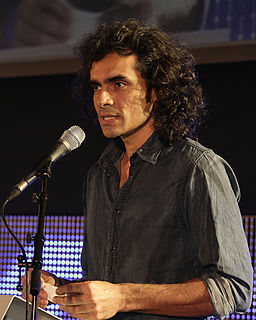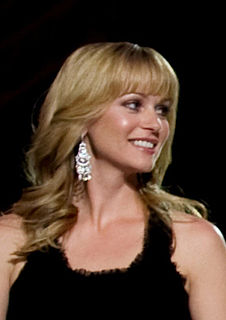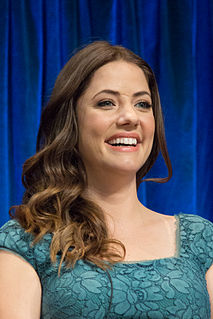A Quote by Naseeruddin Shah
An actor can never voice his opinion through films. All an actor does is convey what the director and writer want to say. You are a mouthpiece of their ideas. Your ideas reflect only in your choice of movies.
Related Quotes
You grow up loving movies, and your first instinct is you want to be an actor, because those are the people you see in the movies. But when you actually become an actor, you're like, 'Oh, wait, this is actually only a small portion of the storytelling. If I want to really tell a story, I'd want to be a director.'
In this day and age, if you're aspiring to be an actor, and you're putting all your eggs in one basket, you could be disappointed. I started out as an actor, but I forced myself to be a writer, even though I wasn't very good at it and had never written. I don't think I ever passed an English course in my life. My first 8 to 10 scripts were pretty horrendous, but I stayed at it until I eventually found a voice and a subject that people were interested in. So, I recommend that you go out and try to be as versatile as possible: writer, actor, producer and especially director.
If you hear a good idea, capture it; write it down. Don't trust your memory. Then on a cold wintry evening, go back through your journal, the ideas that changed your life, the ideas that saved your marriage, the ideas that bailed you out of bankruptcy, the ideas that helped you become successful, the ideas that made you millions. What a good review-going back over the collection of ideas that you gathered over the years. So be a collector of good ideas for your business, for your relationships, for your future.
I love the variety of films. In theater, you go into a room and the director runs the room, so you all work to his or her method. On film, if an actor or an actress is in for a day or two, the director has to get out of that actor what they need, so they have to change and adapt to that actor's technique.
Never stop. Never stop fighting. Never stop dreaming. And don’t be afraid of wearing your heart on your sleeve - in declaring the films that you love, the films that you want to make, the life that you’ve had, and the lives you can help reflect in cinema. For myself, for a long time… maybe I felt inauthentic or something, I felt like my voice wasn’t worth hearing, and I think everyone’s voice is worth hearing. So if you’ve got something to say, say it from the rooftops.
You can say something that can really help and actor and you can say something that can really get in the way of an actor's performance, kind of cut them off from their instincts and really get into their heads. And every actor's different. Every actor requires something different. Being an actor, for me, was the greatest training to be a writer and director.
It would be a dream to do a film with Pedro Almodovar and that whole crew of Spaniards. There's this Argentinian actor who's one of my favorite actors in the whole wide world. His name is Ricardo Darin, and he's a brilliant actor. He does a lot of Argentinian films, and I know he does a lot of European films, as a Spanish actor.
Your job, as an actor, is never to just do what you're told. That's boring, and life is too short. It's your job to bring something, and it will either be to other people's taste or your own taste, and you have to try things out. Actors say, "Well, as long as the director's happy," but I don't believe that and I don't agree with that. I want the director to be happy, but if I'm not happy, I won't sleep at night.

